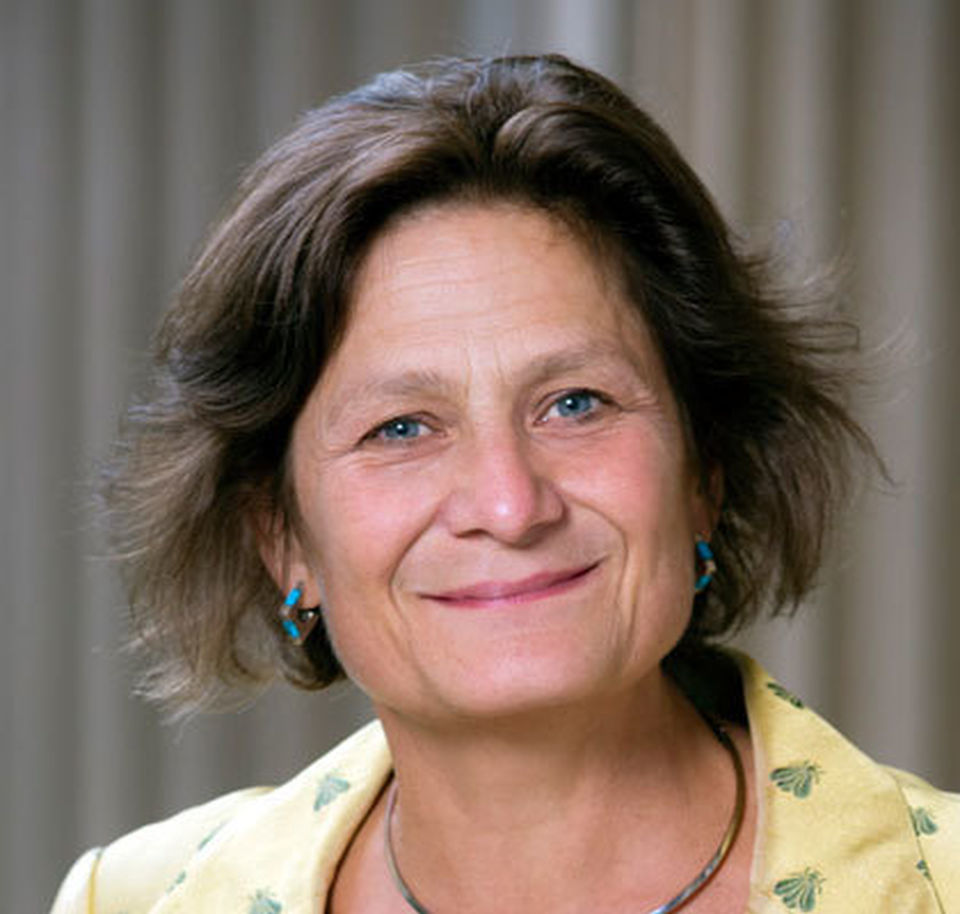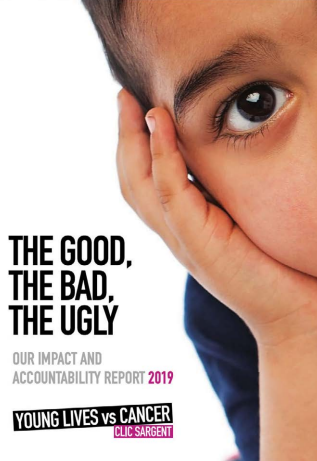Since the 1990s Harriet Lamb has worked with charities addressing global justice, Fairtrade, peacekeeping and is now CEO of climate solutions charity Ashden. On her journey she has met inspiring people finding positive ways through huge challenges. Here she draws out learnings which could help us put out the ‘four global fires’ we face.
----------------------------------------------------------------------------------------------------
My phone is, like everyone’s, constantly buzzing with news alerts and WhatsApp messages about colossal global challenges – from the climate crisis to racial inequality. As a charity leader, the pressure to respond is immense. Every article, every conversation reminds me how tightly bound together these issues are – and that these connections must be at the heart of all we do to create change, now and in the years ahead.
Under the pall of coronavirus, we face four global fires, all burning fiercely and all connected: the climate emergency, soaring inequality, conflict at a 25-year high, and more refugees fleeing their homes. Populism is fanning those flames.
This calls for civil society leadership like never before. So where can charities be bolder and braver? Here are five steps forward.
We need to:
1. Fashion a new international vision for our times.
The old ones are past their sell-by date and turning to inward nationalism would be irresponsible – indeed impossible. Yet the United Nations is, time and again, rendered helpless with member nations unable to agree, while the World Trade Organisation seems dedicated to liberalisation that benefits only wealthy nations. It’s time to imagine a new architecture. We may not have the answers yet but we have to keep pushing towards that future global settlement.
2. Stay innovative, finding new ways to engage people.
In a clever response to young people’s interests, Friends of the Earth, for example, have shifted from promoting their local branded Friends of the Earth groups, to pointing you to a Climate Action Group. Other charities, such as the Common Cause Foundation are undertaking public research, tracking people’s values so NGOs can respond more accurately. And reaching out to more marginalised and diverse audiences must run through all our work like the proverbial Brighton stick of rock.
3. Connect the issues.
Leaders and campaigners have it drummed into them that strategic success depends on focus. But systemic thinking is the order of the day! We can for example only tackle the climate crisis when we also tackle inequality, answering the Gilets Jaunes retort: “You care about the end of the world; we care about the end of the month”. That is why London community initiative Repowering trains young people to install rooftop solar panels on their estates, creating brighter employment prospects as well as renewable energy.
4. Collaborate.
It takes longer to cooperate with others – but is more effective. At Ashden, for years we advised schools how to cut carbon. Then last year we pulled together a coalition, Let’s Go Zero, including the Soil Association, WWF, Eco-Schools and Sustrans to support all the UK’s 32,000 schools to reach zero carbon by 2030. This ambition is only possible through a united campaign.
5. Devolve power from international to national organisations.
For too long, international NGOs working in low-income or conflict-affected nations have scooped up funds, attention and talented staff ahead of national players. We need new strategies that elevate those best placed to meet local needs, making this the decade of national organisations.
Such responses could put civil society back on the front foot, building a kinder, fairer society in our streets, our villages and around the world.
You can read more on this in ‘From Anger to Action – Inside the Global Movements for Social Justice, Peace and a Sustainable Planet’, written by Harriet Lamb and Ben Jackson. Rowman & Littlefield.
Register for the book launch event, 2 June.
Latest News
-
Tributes paid to 'tenacious campaigner' who co-founded Terrence Higgins Trust
-
Man who set up fake animal charity jailed for five years
-
X-odus sparks video content boom among charities, report finds
-
Liz Turner: How a connected digital ecosystem transformed our volunteer experience
-
Charity handed £25m endowment from autistic philanthropist to help others on the spectrum
-
Civil Society Covenant blighted by delays and U-turns, report warns
Charity Times video Q&A: In conversation with Hilda Hayo, CEO of Dementia UK
Charity Times editor, Lauren Weymouth, is joined by Dementia UK CEO, Hilda Hayo to discuss why the charity receives such high workplace satisfaction results, what a positive working culture looks like and the importance of lived experience among staff. The pair talk about challenges facing the charity, the impact felt by the pandemic and how it's striving to overcome obstacles and continue to be a highly impactful organisation for anybody affected by dementia.
Charity Times Awards 2023
Mitigating risk and reducing claims

The cost-of-living crisis is impacting charities in a number of ways, including the risks they take. Endsleigh Insurance’s* senior risk management consultant Scott Crichton joins Charity Times to discuss the ramifications of prioritising certain types of risk over others, the financial implications risk can have if not managed properly, and tips for charities to help manage those risks.
* Coming soon… Howden, the new name for Endsleigh.
* Coming soon… Howden, the new name for Endsleigh.
Better Society

© 2021 Perspective Publishing Privacy & Cookies













Recent Stories